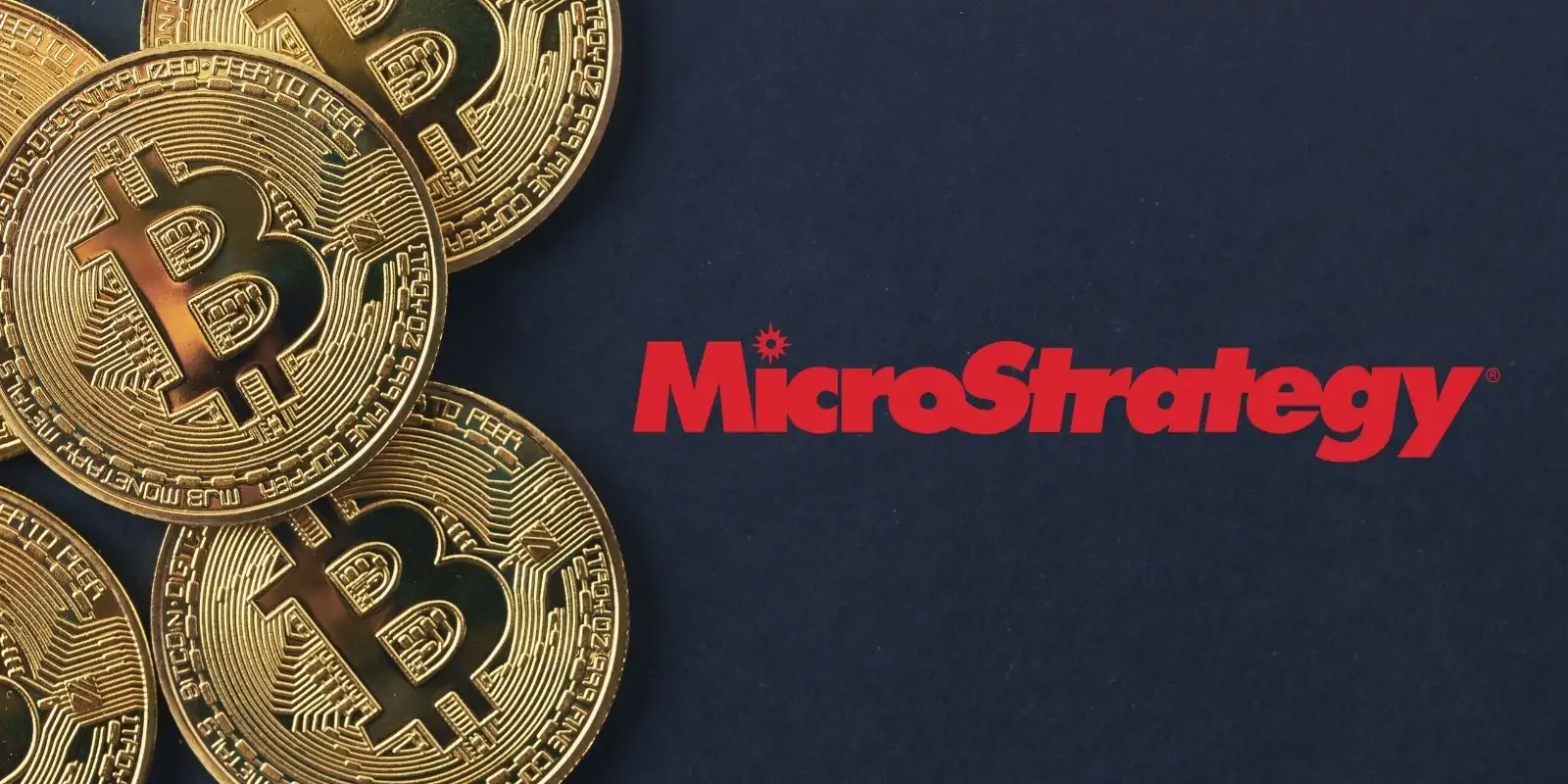Unlock the US Election Countdown newsletter for free
The stories that matter on money and politics in the race for the White House
TikTok has urged a federal appeals court to block a law that could soon ban the social media app in the US over national security concerns related to its Chinese parent, arguing the consequences of such a move would be “staggering” for free speech.
Under the law signed by President Joe Biden earlier this year, TikTok will be banned in the US if it does not divest from its parent ByteDance by January 19 2025 — the day before the next US president is inaugurated. It comes as US officials have warned Beijing could compel the parent group to share the personal information of its 170mn American users for espionage purposes or manipulate what users see for propaganda purposes.
During a hearing before a three-judge panel in the US Court of Appeals for the District of Columbia on Monday, Andrew Pincus, a partner at Mayer Brown representing TikTok, invoked first amendment free speech protections in the constitution and pushed back against the argument that the video app was controlled by China or had posed a national security threat.
“For the first time in history, Congress has expressly targeted a specific US speaker, banning its speech and the speech of 170mn Americans,” Pincus said.
“This law imposes extraordinary speech prohibition based on indeterminate future risks,” he said, adding the government had “not come anywhere near” proving the constitutionality of the law.
Pincus said remedies such as forcing the “disclosure” of any potential propaganda found on TikTok should be explored, rather than a full ban of the app.
However, one judge suggested TikTok was taking a “blinkered view” by arguing the statute was singling out a specific company, when it was targeting those owned by foreign adversaries. Another said it was “strange” that the lawyer appeared to be asking the judges require Congress to provide more “findings” to support the law when it had already been passed.
The outcome of the legal battle will seal the fate of a fast-growing app that has in recent years exploded in popularity to challenge Meta’s Instagram and Google’s YouTube. It has also become a vital tool in the US election for the campaigns of Kamala Harris and Donald Trump, who have seized on it as a way to reach young voters directly.
Pincus said the law is in effect a ban, arguing a sale would be “unfeasible” because a standalone US app would not be possible. TikTok has previously noted Beijing has publicly said it would not allow the divestiture of platform’s recommendations algorithm by ByteDance, and has export control laws that would block such a spin-off.
One of the core issues of contention was how much influence ByteDance exerts over the video app in the US. Daniel Tenny, a lawyer for the US Department of Justice, argued there was “no dispute” that the parent group maintained and developed TikTok’s recommendation engine.
He warned its data could be “extremely valuable to a foreign adversary trying to compromise the security states, knowing how what Americans patterns are, who their contacts are, where they go, who they interact with, what sorts of content interests them”.
Nevertheless, much of the US government’s evidence is classified, meaning it cannot be seen by TikTok, on the basis that sharing it could cause serious harm to national security.
It is not the first time the app has fought a potential US shutdown. In 2020, TikTok successfully sued the US government when then-president Trump issued an executive order to ban the app, giving ByteDance 90 days to divest from its American assets and any data that TikTok had collected in the country.
Trump has since flipped his position, arguing he would not ban TikTok as it is in the interests of competition in the social media sector that it remains in the US.
Credit: Source link














